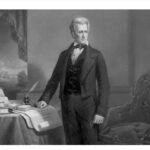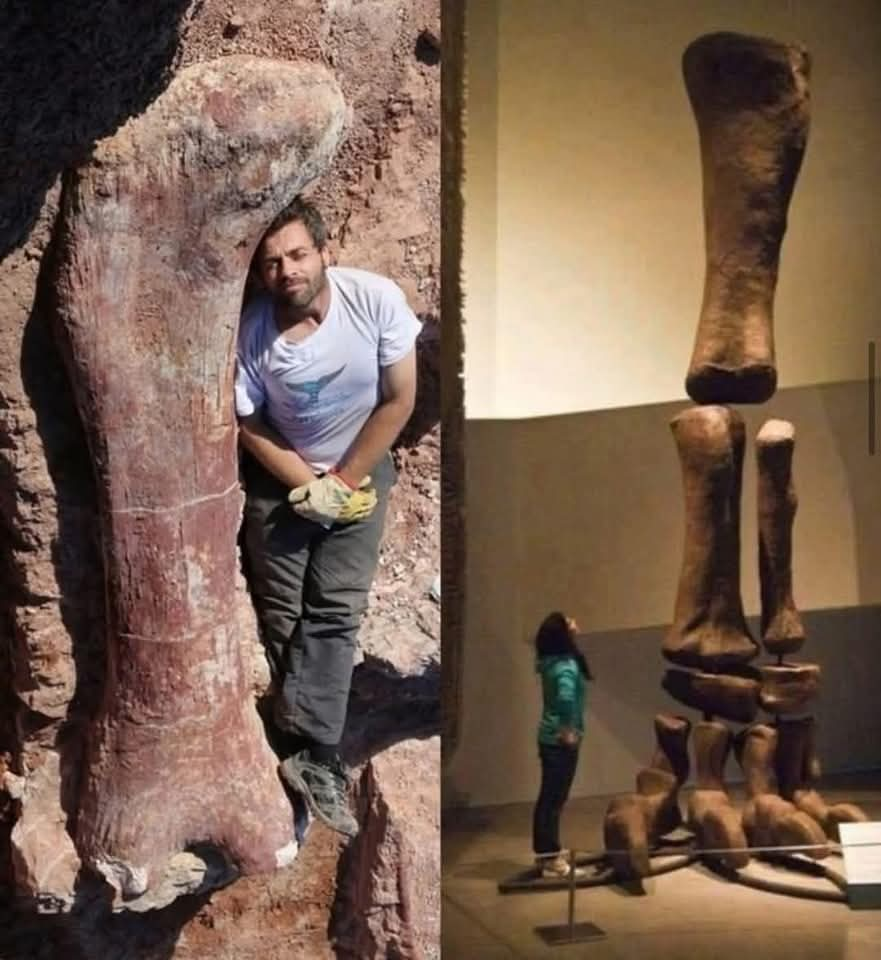
Imagine being convicted of a crime you deeply regretted – intentional or unintentional – and being offered a pardon to absolve you of any penalty. Would you accept it? Let me tell you about a man who did not.
In 1829 two men, George Wilson and James Porter, robbed a United States mail carrier. Both were subsequently captured and tried in a court of law.
In May 1830 both men were found guilty of six charges, including robbery of the mail “and putting the life of the driver in jeopardy.” Both Wilson and Porter received their sentences: Execution by hanging, to be carried out on July 2.
Porter was executed on schedule, but Wilson was not. Influential friends pleaded for mercy to the President of the United States, Andrew Jackson, on his behalf. President Jackson issued a formal pardon, dropping all charges. Wilson would have to serve only a prison term of 20 years for his other crimes. Incredibly, George Wilson refused the pardon!
An official report stated Wilson chose to “waive and decline any advantage or protection which might be supposed to arise from the pardon….” Wilson also stated he “…had nothing to say, and did not wish in any manner to avail himself in order to avoid sentence….”
The U.S. Supreme Court determined, “The court cannot give the prisoner the benefit of the pardon, unless he claims the benefit of it…. It is a grant to him: it is his property; and he may accept it or not as he pleases.”
Chief Justice John Marshall wrote, “A pardon is an act of grace, proceeding from the power entrusted with the execution of the laws…. (But) delivery is not completed without acceptance.
It may then be rejected by the person to whom it is tendered, and…we have no power in a court to force it on him.”
George Wilson committed a crime, was tried and found guilty. He was sentenced for execution, but a presidential decree granted him a full pardon.
When he chose to refuse that pardon, he chose to die. Reading this amazing story, we might wonder, “How could anyone refuse a pardon for the death sentence?
The man was a fool!” But what if you also are refusing a pardon, one enabling you to spend eternity in the presence of God rather than eternal separation from Him in a place the Bible calls hell?
In the 1833 case United States v. Wilson, Chief Justice John Marshall wrote for the Court that a pardon is a private “act of grace,” a “deed, to the validity of which, delivery is essential, and delivery is not complete, without acceptance.
It may then be rejected by the person to whom it is tendered; and if it be rejected, we have discovered no power in a court to force it on him.”
Though the Court in Wilson doubted that a “being condemned to death would reject a pardon,” it recognized that a pardon might be rejected regardless of the gravity of the punishment, as, for instance, if the pardon were conditional “the condition may be more objectionable than the punishment inflicted by the judgment.”
Almost a century later, in Burdick v. United States, the Court confirmed that a pardon may be refused, at least where other constitutional rights are at stake. Burdick involved a pardon issued by President Woodrow Wilson to George Burdick, an editor at the New York Tribune, for any federal offenses he “may have committed” in connection with the publication of an article regarding alleged customs fraud, despite the fact that Burdick had not been charged with any crime at the time of the pardon.
The apparent motivation for the pardon was that Burdick had refused to testify before a grand jury investigating the involvement of Treasury Department officials in leaks concerning the wrongdoing, asserting his Fifth Amendment right not to provide testimony that would tend to incriminate him.
Despite President Wilson’s issuance of the pardon, Burdick “refused to accept” it and continued to refuse to answer certain questions put to him before the grand jury. The Supreme Court in Burdick assumed that the pardon was within the President’s power to issue and concluded that “it was Burdick’s right to refuse it” and stand on his Fifth Amendment objection.
Burdick notwithstanding, if a pardon is accepted, it obviates a Fifth Amendment objection to providing testimony. Additionally, it appears that the Wilson/Burdick rule does not extend to commutations and remissions. In the later case Biddle v. Perovich, the Court considered a commutation of a death sentence to life imprisonment that the recipient argued was “without his consent and without legal authority.”
The Biddle Court disagreed with this assessment, stating, contrary to the language of Wilson, that a pardon “is not a private act of grace” but is rather a determination of what the public welfare requires.
As such, in the Biddle Court’s view, “the public welfare, not [a recipient’s] consent determines what shall be done.”
On this basis, the Court in Biddle concluded that Burdick should not “be extended to the present case,” indicating that no one doubted “a reduction of the term of an imprisonment or the amount of a fine would limit the sentence effectively on the one side and on the other would leave the reduced term or fine valid and to be enforced” with “the convict’s consent . . . not required.”
We hope that you have enjoyed reading our blog on the world history and facts. If you enjoy this blog please let us know in the comments below. If you are interested in history, we recommend you check out our other blogs here on the world history and facts. Thank you for reading.










Leave a Reply